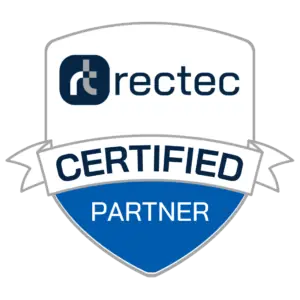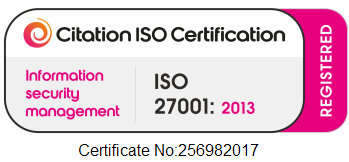Rethinking The Talent Lifecycle
The past 2 years have proven that organisations need to shift their operational activities and re-prioritize key initiatives if they want to improve their talent lifecycle. As the economy begins to emerge and start to regain a sense of normality, organisations are able to rethink how they can use innovation and enhanced infrastructure to shift their recruitment output more effectively.
HR leaders need to be ambitious and committed if they want to become powerful players in the market and attract, retain & engage with prospective employees. Industry leaders should focus on how their organisation is utilising technology to capitalise on existing soft skills, support diversity, equity and inclusion initiatives and thrive in a post-pandemic environment.
At the moment a third of HR professionals are prioritising the development of existing employees followed closely by retaining top talent and attracting the best talent. And as competition is increasing, organisations are making plans to absorb any rising costs in order to retain, attract and develop existing talent.
What does this mean for retention strategies?
In terms of retaining talent, organisations should begin to focus their efforts on employee engagement, improving the onboarding process, and boosting training and development opportunities. When people join a new organisation, HR managers and leaders need to put more emphasis on engaging with candidates from an early starting point and this spirit should be carried through to their onboarding process.
Too often the onboarding process consists of a standard, functional presentation by HR and a tour of the office but that’s no longer sufficient. Onboarding should be personalised experience consisting of individualism and involvement from existing employees of all levels. Rethinking key moments of onboarding no matter how big or small is vital for organisation’s talent lifecycle.
It’s also worth noting, updating L&D initiatives is also fundamental, the development of hard technical skills and soft skills such as focus, generosity, attention, and more are instrumental to the success of retaining talent.
Organisations should move away from the classic classroom-based training and instead focus on enriching the individual through experience and exposure to new situations, new scenarios, and growing real-life skills and capabilities.
If retention isn’t a core focus, then attracting talent should be a organisations centrepiece. One thing should appear certain for every HR professional and that is flexible working or the “new normal”. Attraction strategies that embrace flexible working followed closely by improving talent management and mobility as well as enhancing employee value proposition will underpin future decisions.
Flexible working is evolving, a constant expansion to include all aspects of work and not just the physical space in which employees work. Industry leaders need to maintain effectiveness and must embed this new way of thinking within their organisation’s wider company culture.
Complementing this shift is the growing trend of employee value proposition, now that people can spend more time working from home, geographical boundaries have dissipated, meaning candidates can be more selective about which employer they work for. The war on talent is real, and social purpose, culture and values can be the deciding factor over and above compensation and working conditions.
The HR ecosystem has experienced radical changes, pushing leaders to redefine how they engage with talent. HR leaders need to capitalise on these changes in order to leverage the positive impacts of new tech solutions and new ways of working.
In conclusion, employee engagement is now more critical than ever when it comes to attracting, retaining and developing talent. More important still, that engagement centers largely around an organisation’s ability to communicate with and cultivate its talent.
Share this post and follow us on social media!
Like our blogs? Sign up for our newsletter




Comments are closed